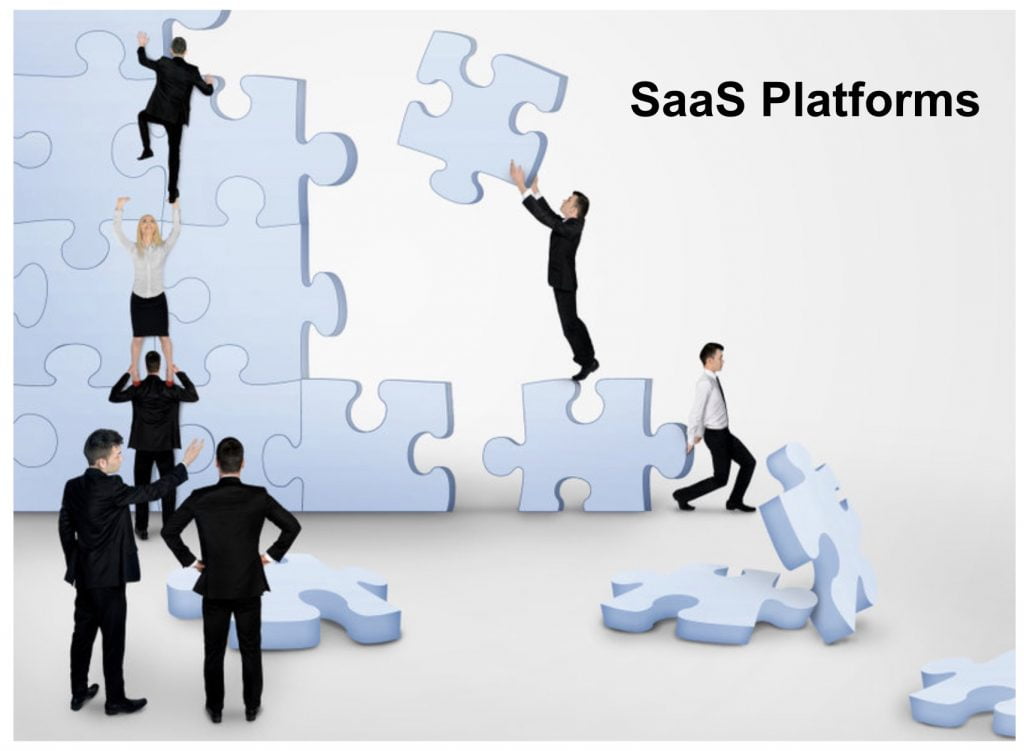
Why software is critical for manufacturing services?
Two big factors play the role in the transformation of manufacturing companies – complex products and new business models.
Check any manufacturing product today and you will easily find that software is a substantial part of the products in both function and experience. There are so many examples – from electronics wrapped into plastic to phones on wheels. Mechanical devices are replaced with electronics and software deployed to your car can easily bring new features. Management such sophisticated software requires a new type of product development environment.
Business transformation is another example. Companies are shifting from selling products to providing services. So many examples of such an activity. While it is not a new thing at all, the demand for software capable to support such business activity is skyrocketing. Manufacturing companies are looking at how to build or acquire the software needed to support these processes and make them part of their platforms.
The role of SaaS?
Cloud infrastructure is a leading technology that provides a foundation for many management processes in modern manufacturing companies. It is a digital backbone of a company, serving as a single source of truth about information, provide a foundation for analytics and operations.
Manufacturing companies are actively moving to the cloud and SaaS to power their capabilities to provide scalable services. SaaS shift is really interesting because it can be easily deployed, scale, and easily be included in multiple other product and service offerings.
Who wants to build manufacturing SaaS puzzles?
I can see a growing trend in manufacturing companies looking to build and acquire SaaS platforms to build future product development and operations capabilities.
Here are few examples. A very early example is Siemens acquisition of UGS and forming Siemens PLM and later Siemens Industrial Software. The recent alliance between Siemens and SAP actually will make it even stronger.
A completely new example- Rockwell Automation just acquired Plex Systems – developer of the SaaS ERP platform. According to Brian Shepherd, Senior VP of Rockwell Software, the Plex division fit like a piece of a puzzle into the existing suite of Rockwell software products.
There are many other examples. One of them is yesterday announced Hexagon buying Infor EAM with the goal to include it in their suite of digits products focusing services and automaton.
In my view, all these examples of the same trend of manufacturing becoming more service-oriented and building foundation platforms to provide manufacturing services.
What is my conclusion?
Manufacturing companies are hunting for software to support their digital platforms including hardware and software to turn it into a future manufacturing business. The borders between specific types of software are blurred. Platforms are looking at how to get control of the data and process to manage the entire lifecycle of products, equipment, and services. This is a note for enterprise software architects in manufacturing companies – to think about the future architecture of their services and what software stack they need to use to turn it into competitive manufacturing platforms. Just my thoughts…
Best, Oleg
Byond PLM


